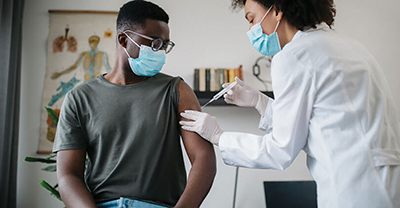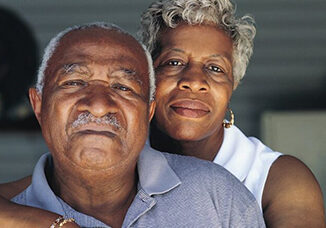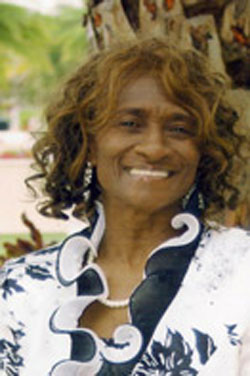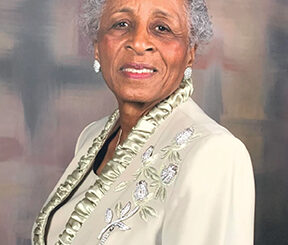
With the Lowest Death Rate, D.C. Ranks Among Safest States During COVID
Stacy M. Brown, NNPA Newswire Senior National Correspondent@StacyBrownMedia
Vermont, Connecticut, Massachusetts, Maine, and Rhode Island are the top 5 – in that order – safest states in America during Covid-19.
Maryland, the District of Columbia, New Hampshire, New York, and New Jersey rounded out the top 10, a new survey revealed.
The survey showed that the District of Columbia had the fewest Covid-related deaths in the nation during the one week from August 11 to August 17.
The authors of the study wrote that staying safe is one of Americans’ top concerns.
They said, “…safety is also essential for getting the economy back on track, as the lower COVID-19 transmission and deaths are in a state, the fewer restrictions there will be, and the more confidence people will have to shop in person.”
Further, while states have fully reopened, the study authors wrote that getting back to normal means a fully vaccinated population.
As of Thursday, August 19, approximately 51 percent of the American population is vaccinated. The authors spell out that some states are safer than others. The District of Columbia enjoyed the least overall deaths from Covid, followed by Vermont, California, Connecticut, and Wisconsin. Vermont, Hawaii, Massachusetts, Connecticut, and New Jersey had the highest vaccine rate.
Massachusetts, Rhode Island, New York, Vermont, and Maine enjoyed the lowest positive test rate.
Vermont, New Hampshire, Maine, Massachusetts, and North Dakota had the lowest hospitalizations.
Vermont, California, Connecticut, and Wisconsin followed Washington, D.C., with the lowest death rates.
Southern dates like Florida, Georgia, Mississippi, Kentucky, Texas, and Alabama had the most unvaccinated residents, hospitalizations, and deaths.
“Following the guidance provided by public health officials at this point are the best measures to ensure safety, wear a mask, wash your hands, and maintain distance,” stated WalletHub expert James W. Keck, an associate professor of Homeland Security and Emergency Preparedness at the L. Douglas Wilder School of Government and Public Affairs at Virginia Commonwealth University.
“Get the vaccine when it is available. Facilities should be frequently sanitized and well ventilated if occupied,” Professor Keck stated.
“Limit exposure when you can, put up shields in appropriate areas if you must deal with the public. Recovery is not going to be quick even if we get a large part of the population immunized.”
Further, the media “should provide clear information about benefits, risks, knowns, and unknowns,” asserted Andreas Handel, a WalletHub expert and associate professor and associate department head and graduate coordinator in the Department of Epidemiology and Biostatistics at the College of Public Health – University of Georgia.





Be the first to comment